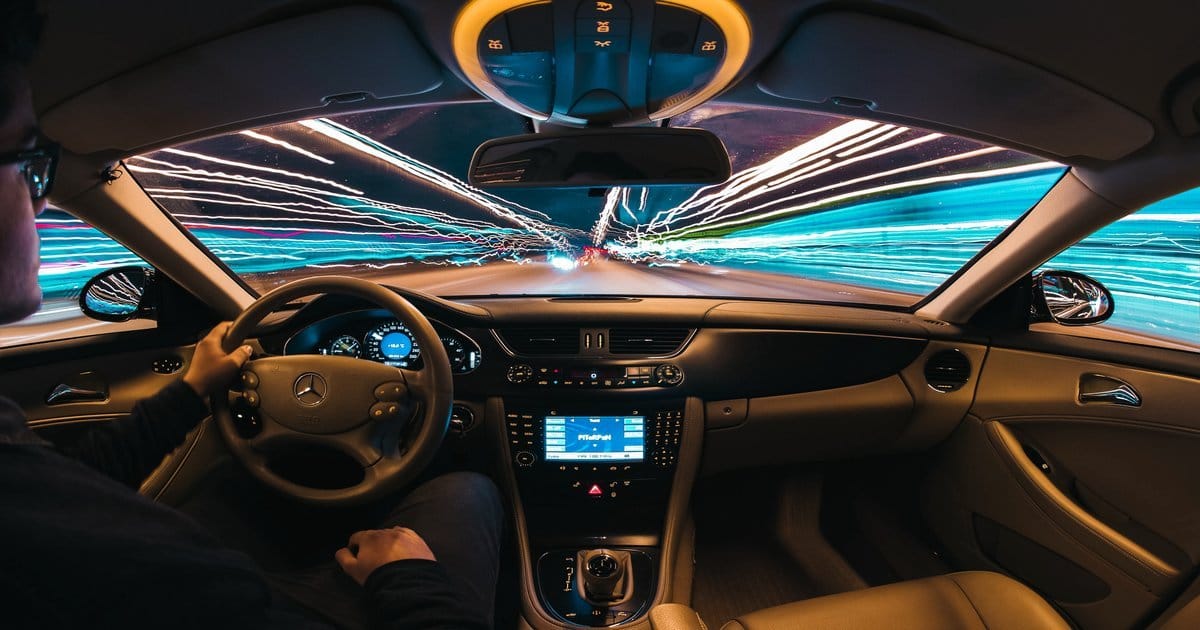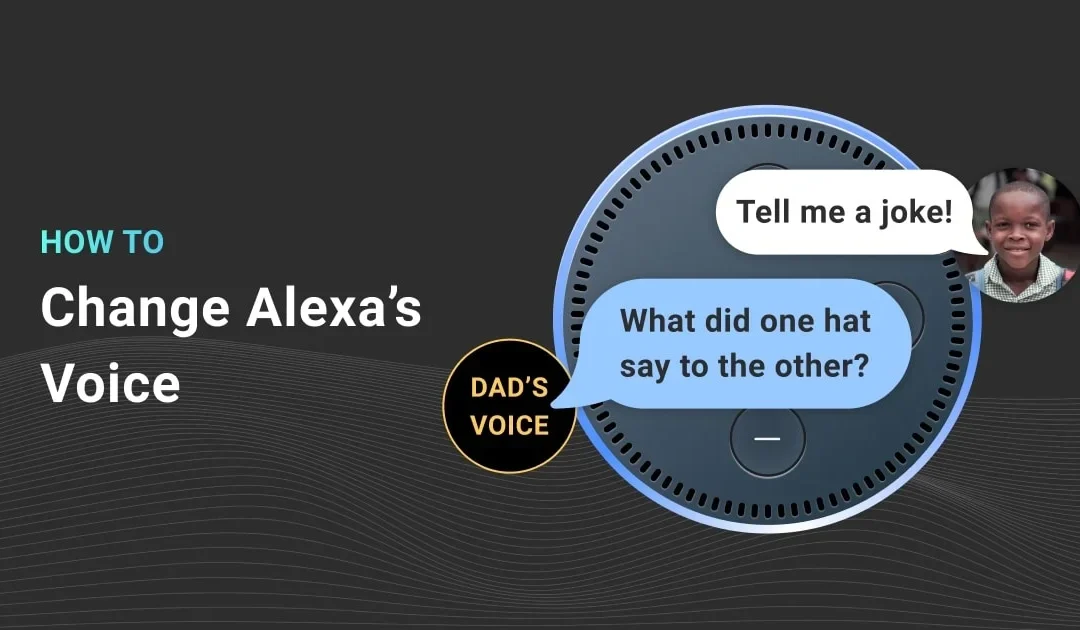114 million drivers in the U.S. use in-car voice assistants, compared to just 57.8 million using them in the home, according to Medium. Since Honda and IBM launched the first in-car voice assistant back in 2004, they’ve got bigger and better, with the likes of Apple and Google jumping on board. But with CES 2020 showcasing in-car voice technology at its best, just what does the future hold for in-car speech recognition?
Voice-enabled gas payments
One of the biggest revelations to come out of CES 2020 was Exxon and Mobil gas stations’ announcement that they’re teaming up with Amazon’s Alexa. More than 11,500 gas stations will accept voice-activated payments for gas when the technology goes live later this year. Any driver with an Alexa-enabled vehicle, such as an Audi, BMW, or Ford, will be able to instruct Alexa to pay for the gas. From there, Amazon Pay and Finserv will deal with the request to ensure that the payment is accepted. Experts have praised this move, stating that it will benefit consumers who don’t want to stand out in bad weather for longer than necessary. Others say it will reduce fraudulent magstripe card payments at the pump. However, there have also been criticisms, including the lengthy nature of having to go back and forth with Alexa to confirm and activate the relevant fuel pump.
The big 3 will become more prominent
When it comes to considering a new vehicle, motorists want one that’s reliable and dependable. Studies show that drivers rank safety and reliability as these most important features of a new car and this is because it makes them feel secure and means they aren’t stepping into the unknown. This is also true when it comes to their choice of in-car voice recognition assistant. 76% of drivers say they want the same voice-activated assistant in their vehicle as they have in their home. A recent Microsoft study found that Siri and Cortana are the most used voice-assistants worldwide, while Alexa came in third place. This means that the likes of Alexa and Siri are only going to become more prominent in the nation’s vehicles. This finding is also likely to have an impact on car manufacturers who have spent years inventing their own in-car voice-activated assistants. They will finally have to accept that the well-known voices that the country have already adopted into their homes are what they need to be installing in their vehicles, too.
Driverless vehicle guidance
A potential new exciting in-car command system that could be in the development in the near future comes from Apple. They recently unveiled a patent named ‘Driverless Vehicle Guidance Around Destination Using Target Signals’ which will allow a driverless vehicle to be controlled solely by voice. The technology gets even better as the patent reveals that it will allow drivers to give simple commands without stating any specific information. Phrases such as “I want to grab a bite to eat” will result in the vehicle automatically driving to the nearest restaurant, without pushing for any further information. Apple says that their voice technology will work in collaboration with gestures and touch screens to assist with parking. The tech giant’s patent example says that a simple hand gesture towards a parking spot will tell the vehicle to maneuver into that space, which is great news for drivers who dislike parking in tight gaps.
Greater risks
With in-car voice-activated technology getting grander and more advanced, there is an even greater risk of it becoming a distraction to drivers. The National Safety Council estimates that, currently, 8% of crashes are due to distraction, with voice-activated technology sure to contribute to this number. Meanwhile, research conducted by the Transport Research Laboratory concluded that using a voice assistant while driving is just as dangerous as driving while under the influence of alcohol. So, what is about these voice-activated assistants that are distracting drivers?
First of all, voice assistants are prone to mishearing information and this is highly frustrating. When drivers have to repeat their request, they’re likely to do so while annoyed and this can instantly affect their driving behavior. Then there’s the fact that there’s only so much a driver can do at once. Monitoring speed, keeping an eye out for hazards, and completing maneuvers, all while giving and listening to a voice command is too much for many motorists to comprehend at once and increases the likelihood of them being involved in an incident on the road.
In-car voice technology is certainly being utilized by the nations. As a result, industry experts are under pressure to build and introduce new and exciting in-car voice-activated technology at an alarmingly fast pace. However, while it’s clear to see that this technology does have its benefits, it’s important that the risks of using this technology while in control of a vehicle aren’t forgotten.





